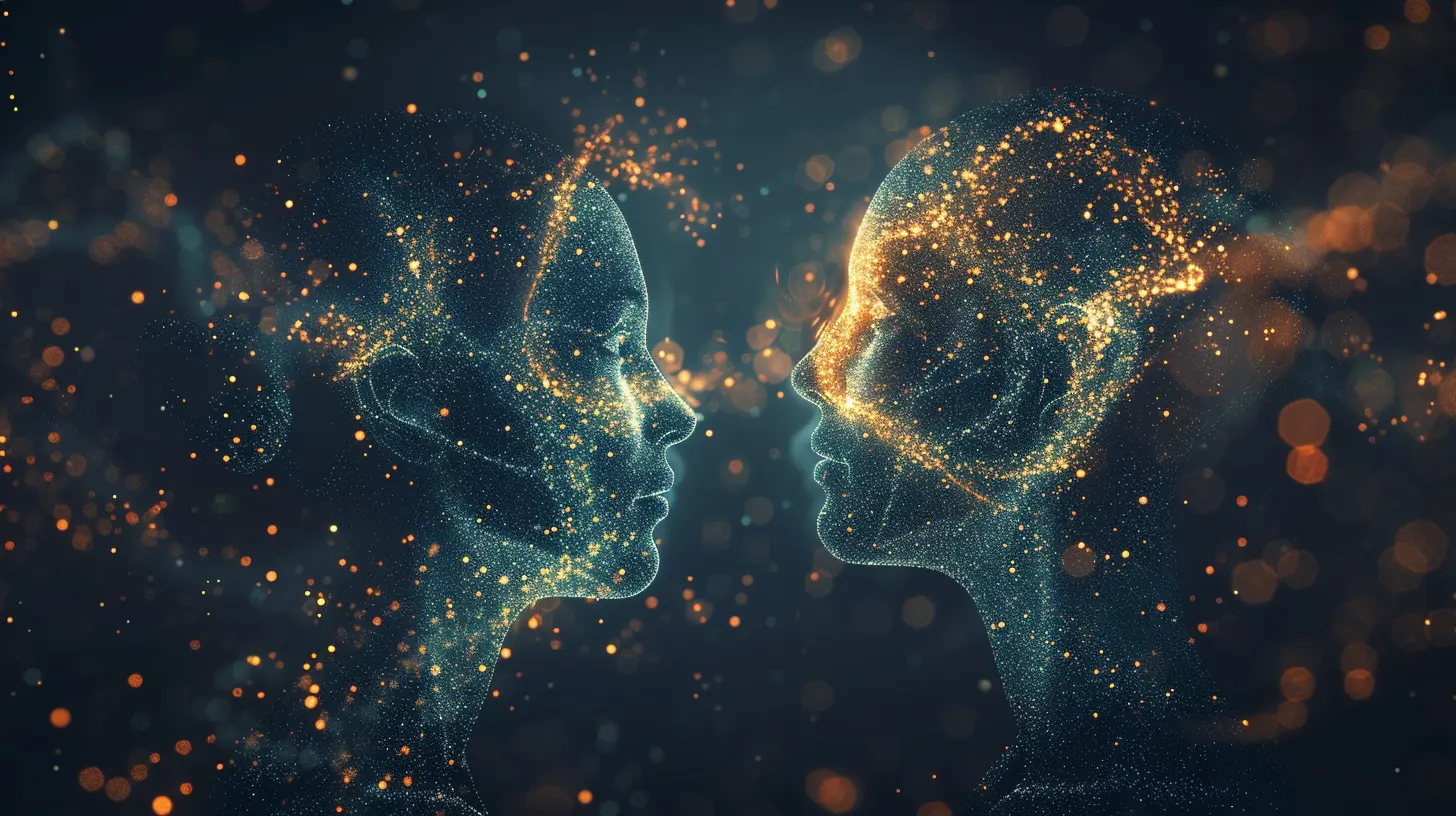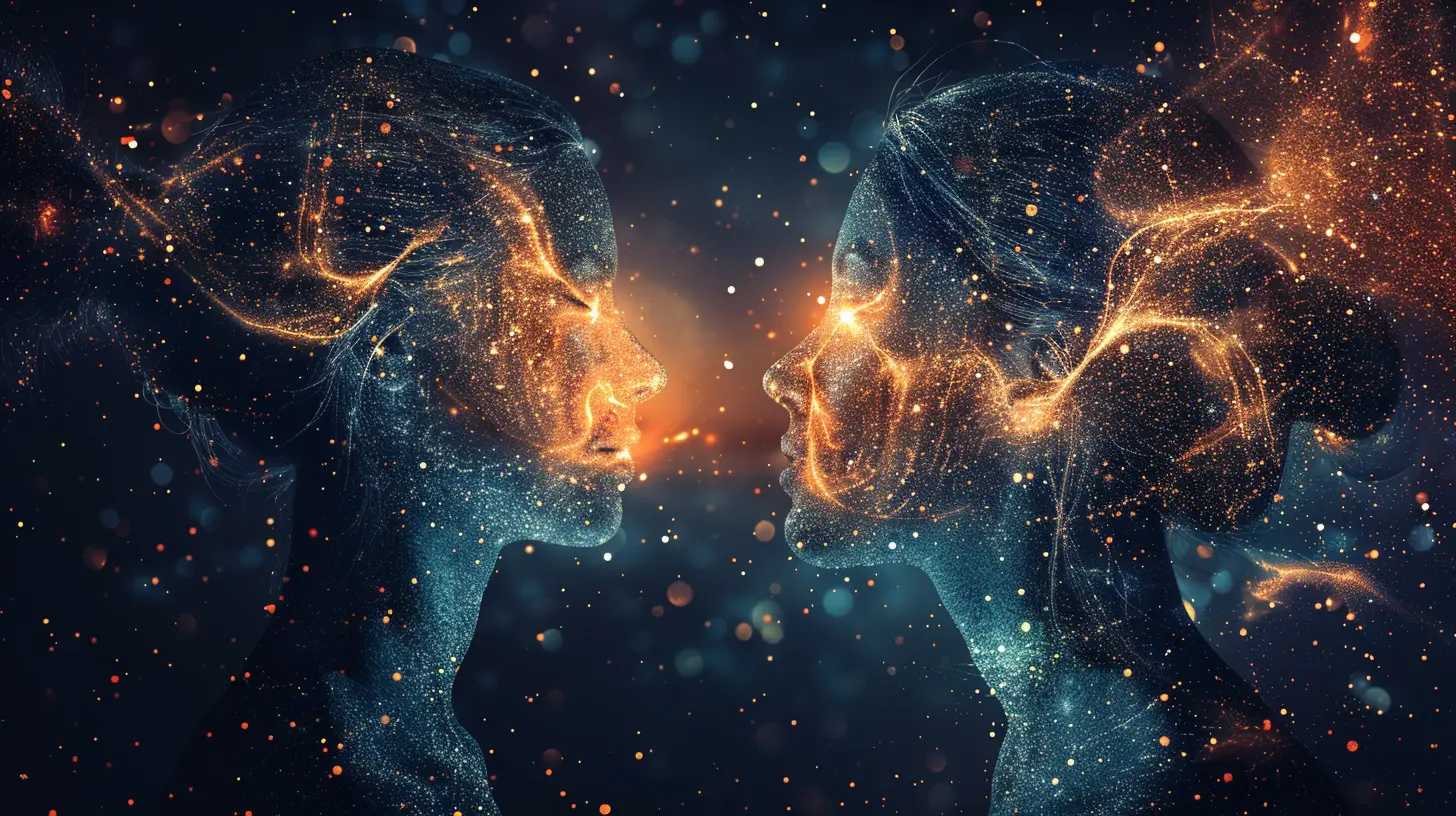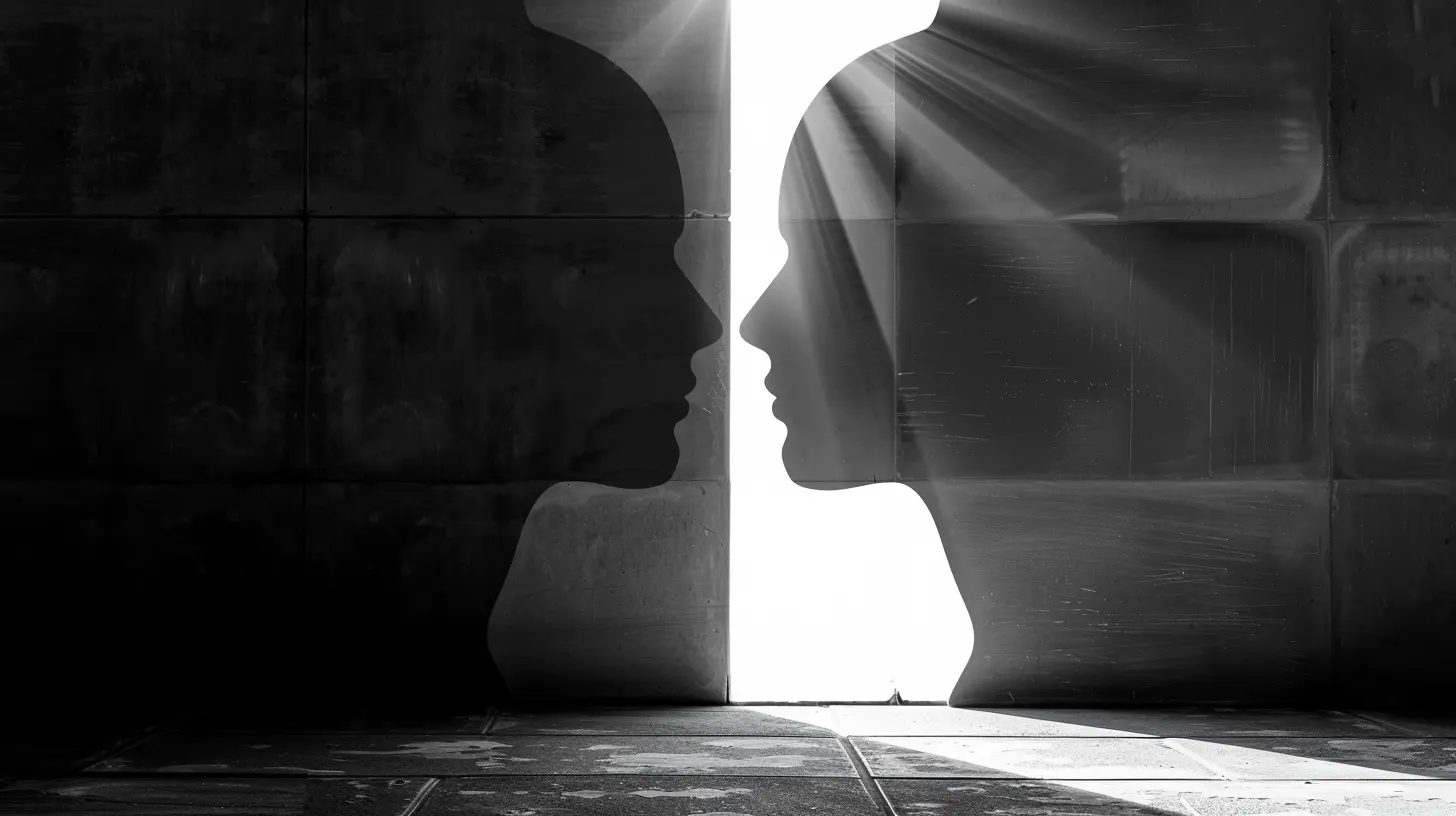The Role of Mirror Neurons in Social Cognition and Behavior
30 August 2025
Have you ever yawned just because someone else did? Or felt a pang of sadness when a friend told you they were heartbroken? That’s not just empathy kicking in—it's your brain's mirror neurons hard at work. These tiny yet powerful brain cells play a huge role in how we relate to others, understand emotions, and behave socially.
Let’s dive into the fascinating world of mirror neurons and see how they shape our thoughts, behaviors, and our very humanity.
What Are Mirror Neurons Anyway?
Before we go deeper, let's clear up what mirror neurons actually are. These are special types of brain cells that activate not just when you perform an action, but also when you see someone else doing it. So, if you scratch your head and I’m watching you, the same neurons in my brain light up as if I were scratching my own head.Pretty wild, right?
Mirror neurons were first discovered in the early 1990s by a group of neuroscientists in Italy. They were studying monkeys and noticed something odd: the same brain cells fired when the monkeys grabbed a peanut and when they saw someone else grab one. Turns out, our brains are built to “mirror” others.
Mirror Neurons and Social Cognition
Alright, let’s get cozy with the term “social cognition.” It’s basically how we process, store, and apply information about other people and social situations. It’s the reason we can figure out when someone’s annoyed even if they haven’t said a word.Here’s where mirror neurons come into play. They help us "simulate" the actions, intentions, and emotions of others. In other words, these neurons are the backstage crew for empathy, understanding, and social interaction.
Feeling What Others Feel
You know that cringe feeling you get when someone gets hurt in a movie? That’s your mirror neuron system lighting up like a Christmas tree. It’s why we wince when someone stubs their toe. Our brains don’t just watch—they participate.Mirror neurons connect action with emotion. So when we see someone smiling, our mirror neurons help us feel a bit of that joy. It’s like they’re whispering, “Hey, this is what that feels like.”
Imitation: Monkey See, Human Do
From childhood, we learn by copying. Babies stick out their tongues back at you not just because it’s cute—they’re imitating and learning through those mirror neurons.This imitation forms the foundation for more complex skills like language, empathy, and even cultural practices. We learn manners, sarcasm, fashion choices, and even dance moves by watching others and mimicking them.
Mirror Neurons and Behavior
So how do these neurons influence what we actually do?Social Mimicry
Ever notice how people start copying each other’s gestures during conversations? Like when someone crosses their arms, and pretty soon, you do too? That’s called social mimicry, and mirror neurons have their fingerprints all over it.This isn’t just coincidence. Mimicry often helps build rapport and trust. It’s like a silent way of saying, “Hey, I get you.” Our brains are wired to connect through shared behaviors.
Intuition and Gut Feelings
Sometimes you just “sense” what someone’s going through without needing any words. That’s your mirror neuron system bringing its A-game. It’s almost like our brains run silent simulations of what other people are experiencing, giving us those lightning-fast gut reactions in social settings.
Mirror Neurons and Empathy
Empathy is one of humanity’s strongest connectors. It’s what makes us lend a hand, offer a shoulder, or just sit silently with someone in pain.Mirror neurons play a starring role in this.
When we see someone cry or laugh, these neurons help us internally mirror their emotional state. It’s not just psychological—it’s biological. We’re literally wired to feel with others.
But not all empathy is the same.
Emotional vs. Cognitive Empathy
- Emotional empathy is when you feel what another person is feeling—like tearing up because your friend is crying.- Cognitive empathy is a bit different. It’s more about understanding someone else’s perspective. You may not feel exactly what they feel, but you “get it.”
Mirror neurons are mostly linked to emotional empathy, but they still nudge us toward understanding and compassion at every opportunity.
Are Mirror Neurons the Secret to Human Connection?
Some scientists call mirror neurons the biological basis of empathy and social intelligence. Without them, our ability to connect emotionally and socially would take a serious hit.Imagine a world where you couldn’t understand sarcasm, couldn’t “feel” someone’s excitement, or had no idea when someone needed a hug. That world might be a little colder, a little lonelier, right?
That’s the power of mirror neurons—turning human interaction from black and white into full-blown HD color.
Mirror Neurons and Mental Health
When things go wrong with the mirror neuron system, the effects can ripple through social and emotional well-being.Autism Spectrum Disorder (ASD)
Some researchers believe that disruptions in the mirror neuron system might be linked to the challenges in empathy and social communication seen in autism. While this idea is still being explored, it's a promising area that could lead to better understanding and interventions.Psychopathy and Antisocial Behavior
People with psychopathy often show reduced emotional empathy. Studies suggest their mirror neuron systems might not respond the same way when witnessing others in pain or distress.This doesn’t mean they don’t understand emotions—it’s more like they don’t feel them the same way. The emotional mirroring just isn’t firing on all cylinders.
Can We Strengthen Our Mirror Neuron System?
Good news—you can!Mirror neurons, like muscles, can be strengthened through consistent use. Here's how:
1. Practice Active Listening
Really tuning into someone—making eye contact, nodding, responding—can fire up those social circuits. Don’t just hear words; feel the emotions behind them.2. Engage in Empathy Exercises
Try putting yourself in someone else’s shoes regularly. Ask yourself, “How would I feel in their position?” Over time, this kind of mental exercise sharpens your emotional sensitivity.3. Watch and Learn
Watching performances with strong emotional content, like theater or heartfelt movies, can actually engage and strengthen your mirror neuron system.4. Embrace Face-to-Face Interaction
In our tech-heavy world, real human interaction is gold. Face-to-face conversations provide richer emotional and non-verbal cues that stimulate your mirror neurons far more than texting ever could.Are Mirror Neurons Unique to Humans?
Nope! While humans have the most developed mirror neuron systems, scientists have found them in other primates, birds, and even some dolphins. However, in humans, they’re more advanced and closely tied to our ability to build culture, language, and complex relationships.Think of it this way: animals mirror for survival, we mirror for connection.
Mirror Neurons in Everyday Life
Let’s wrap this up with a quick look at how mirror neurons sneak into your day-to-day life:- You laugh because everyone else is laughing, even if the joke went over your head.
- You feel uneasy when someone nearby is pacing anxiously.
- You pick up the lingo or slang of the people you hang around with.
- You're drawn into a story and feel totally “in it.”
All those are mirror neurons doing their thing—quietly, efficiently, and constantly.
Final Thoughts
Mirror neurons are like your brain’s built-in Wi-Fi for emotional syncing. They help you “get” people without needing an explanation. They’re why we feel together, grow together, and laugh or cry as one. Whether you’re bonding with a friend, tearing up at a movie, or just copying your barista’s cheery tone, mirror neurons are pulling the strings behind the scenes.So the next time you catch yourself mimicking someone or feeling their feelings in your bones, give a little silent thanks to your mirror neurons. They might not be visible, but they’re making every social moment count.
all images in this post were generated using AI tools
Category:
Human BehaviorAuthor:

Jenna Richardson
Discussion
rate this article
1 comments
Fennec Evans
Mirror neurons are the missing link in understanding empathy; they bridge our emotional connections effortlessly.
September 16, 2025 at 4:25 AM

Jenna Richardson
Thank you for your insightful comment! Mirror neurons indeed play a crucial role in fostering empathy and emotional connections, highlighting their significance in social cognition.


